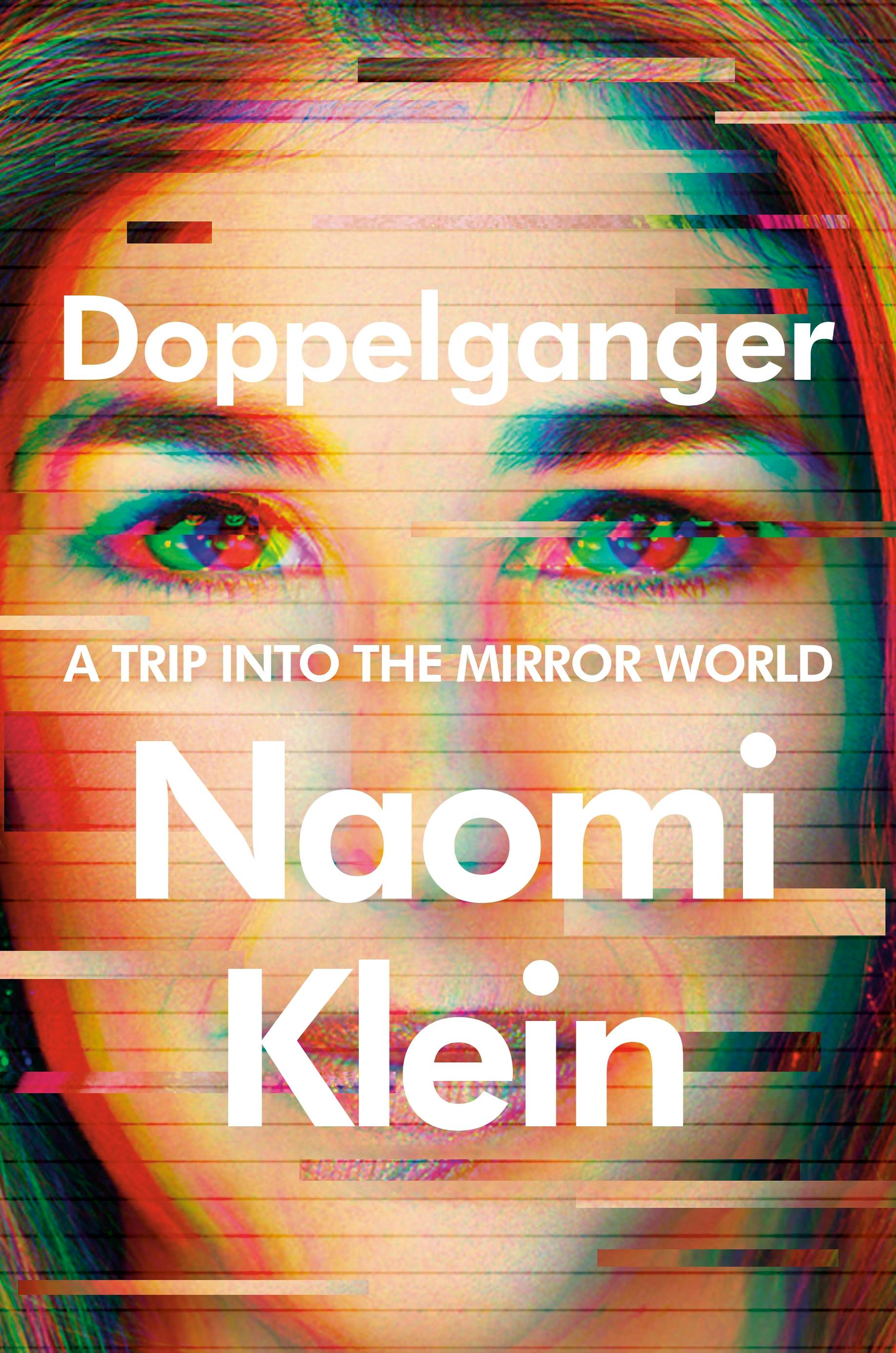
Memoir is a literary genre that provides a personal, reflective account of significant events or experiences in the author's life, offering insights into their identity and perspective.
To go back to genre page, click here.

Once More We Saw Stars by Jason Greene
"Grief at its peak has a terrible beauty to it, a blinding fission of every emotion."
Greene’s memoir tackles one of the most devastating events a human can go through, the loss of a child. I was in awe of his ability to so beautifully write about his young daughter’s life and the loss his family experienced. It is a difficult read, but ultimately worth it. It’s clear Greene wrote this on the other side of his own grief, not that the grief of such an event ever goes away. But he’s able to write with some retrospect. This allows the book to be honest about grief, about the realities of both its overwhelming darkness and its mundanity. I admire anyone who chooses to write out their story and share it with the world, it is a deeply vulnerable and intimate act. I especially appreciate those who share their stories of being through hell, it's a reminder of the ways stories make us realize we’re not as alone as we think - even in the dark.

Comedy Sex God by Pete Holmes
“Now, God isn’t something I believe in—it’s something I feel all of us soaking in.”
I have always loved Pete Holmes’ comedy. He is deeply hilarious to me and also deeply relatable. This memoir hit the same chords for me. As someone raised in a religious environment that felt dogmatic and essential, I have struggled to reconcile the ways that space hurt me with my deep desire to know and find God in my life. How does one reconcile a relationship with God when you’ve been raised to live in fear of the same one? I loved Pete’s weaving of philosophy, theology, and comedy. I think God wants us to laugh as often as we can.

How Far The Light Reaches by Sabrina Imbler
“Imagine the freedom of encountering space for the first time and taking it up. Imagine showing up to your high school reunion, seeing everyone who once made you feel small, only now you’re a hundred times bigger than you once were. A dumped goldfish has no model for what a different and better life might look like, but it finds it anyway. I want to know what it feels like to be unthinkable too, to invent a future that no one expected of you.”
This essay collection is unlike anything I’ve read before (although, it is a bit similar to Why Fish Don’t Exist! )is a unique blend of memoir and science writing that explores the author's personal journey through the lens of marine biology. Each chapter focuses on a different sea creature, from the octopus to the deep-sea jellyfish, and draws parallels between their lives and Imbler's own experiences as a queer, mixed-race person. Through these creatures, Imbler reflects on themes of survival, adaptation, identity, and the complexity of life in both the natural world and human society. The book reminds us that we are really just animals, at the end of the day - trying to find our way and our place in this world.

Doppleganger by Naomi Klein
“This is the perennial appeal of doppelgangers in novels and films: the idea that two strangers can be indistinguishable from each other taps into the precariousness at the core of identity—the painful truth that, no matter how deliberately we tend to our personal lives and public personas, the person we think we are is fundamentally vulnerable to forces outside of our control.”
I listened to this on audiobook, and while the audiobook was well produced I really wish I had read it physically. There was something I wanted to underline on seemingly each page of this book, which is saying something because it’s fairly long. Klein began writing this book when, over and over, she was getting compared to another Naomi - Naomi Wolf. This is part memoir and part political exploration, as Klein uses the concept of a doppleganger to dive deep into the world of conspiracy theories - specifically those that her own doppleganger has become prone to spouting. This book is wildly thoughtful, and while I didn’t agree with every single point Klein made I deeply appreciated her ability to articulate and connect so many of our present day struggles. I think she does an excellent at showcasing the ways fear is wielded by the powerful to drive a wedge between groups of people, and specifically how this fear and unease leads some down a dangerously misinformed road.

In The Dream House by Carmen Maria Machado
“The fact is, people settle near volcanoes because the resulting soil is extraordinary, dense with nutrients from the ash. In this dangerous place their fruit is sweeter, their crops taller, their flowers more radiant, their yield more bountiful. The truth is, there is no better place to live than in the shadow of a beautiful, furious mountain.”
This memoir was almost the winner of my third place award for standalones, barely inched out by Why Fish Don't Exist. Carmen Maria Machado's writing is unbelievably innovative, and I keep saying this in my reviews, but her writing is unlike anything I’ve ever read. This memoir explores the author's experience in an abusive same-sex relationship. Structured as a series of vignettes, each written in a different literary style, the book examines the complexities of trauma, power dynamics, and the often-unspoken realities of domestic abuse in queer relationships. Machado interweaves her personal narrative with cultural and historical analysis, challenging traditional notions of victimhood and storytelling. It is haunting and powerful. And here we come back to my love of houses, as the house as an idea is returned to over and over in this one.

Why Fish Don't Exist by Lulu Miller
“there are good things in store. Not because I deserve them. Not because I worked for them. But because they are as much a part of Chaos as destruction and loss.”
This book is a blend of memoir, biography, and scientific exploration. The book revolves around the life of David Starr Jordan, a taxonomist and the founding president of Stanford University, who spent his life categorizing and naming fish species. The narrative begins with Miller’s fascination with Jordan's relentless optimism and perseverance, despite his work being repeatedly destroyed by natural disasters and personal tragedies. As she delves deeper into the story of his life, we find out the more…unsettling side of the man. Through her obsession with Jordan and his taxonomic mind, Miller tells the story of her own life, too. By the end of this book, I felt a little more comfortable walking next to the chaos of life.
To go back to genre page, click here.